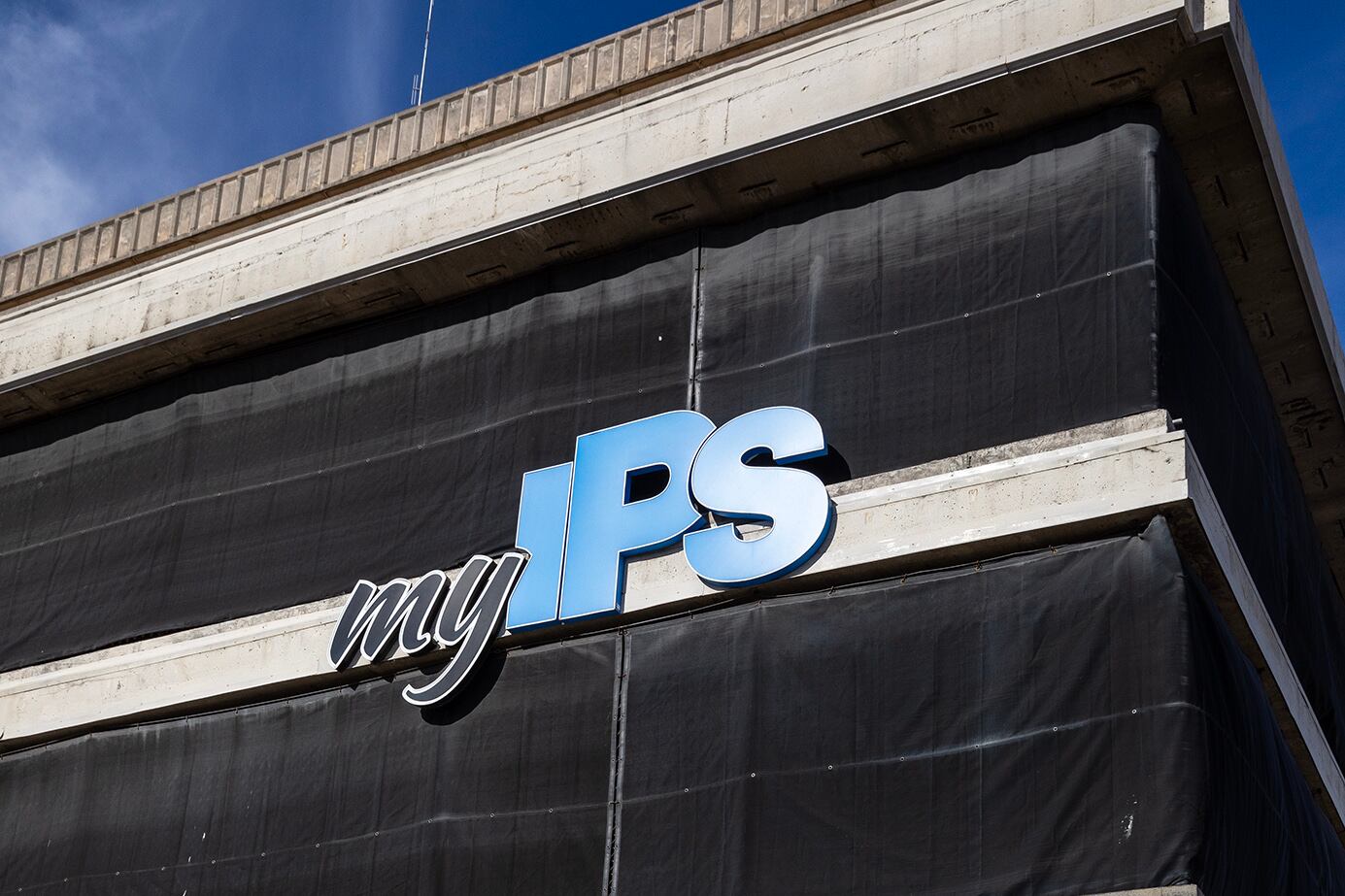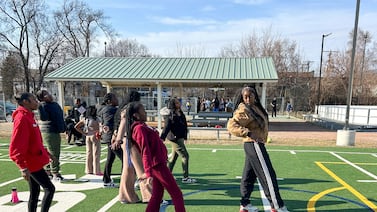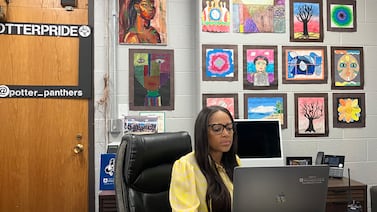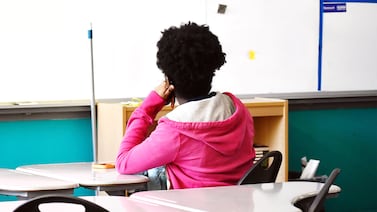Sign up for Chalkbeat Indiana’s free daily newsletter to keep up with Indianapolis Public Schools, Marion County’s township districts, and statewide education news.
Those who want to regularly volunteer at Indianapolis Public Schools must pay for their own background check starting this school year, a change that’s frustrated many parents.
In recent years, federal pandemic relief funding covered the cost of background checks. And before that, the funding came from individual schools’ budgets, said IPS Chief Human Resources Officer Christina Aden Hamer. But with relief dollars from the Elementary and Secondary School Emergency Relief fund running out, the district has opted to shift that expense — which ranges from $15.95 to $19.90 — to volunteers.
“I think that there’s got to be some other way to meet the goal of keeping our students safe that doesn’t place such a burden and that isn’t so inequitable,” said Melissa Ranck, a parent at Rousseau McClellan School 91.
The district also is using a new registration process, and it divides volunteers into tiers based on the level and frequency of contact with students.
The first tier, which does not require a background check, is for community members who visit for a short period of time. The second tier includes volunteers who work frequently with students with teacher or staff supervision, such as assisting in a classroom. The third tier is for those who work alone with students, like chaperoning a field trip. The second and third tiers both require background checks.
On Facebook, parents said the new registration disadvantages families who are from lower income brackets, those who struggle to use technology, and those whose first language isn’t English. When the district made the new registration process, it was only accessible in English.
An IPS official said the district is working on manually translating the form, which will be available in a few days in the top-five spoken languages in the district, including Spanish and Haitian Creole. The district did not initially know the form lacked a translation option, Aden Hamer said.
Other factors beyond the background check fee can make the cost prohibitive for some families, Ranck said. When she volunteered on field trips in previous years, she also had to cover gas and parking.
“For us to be asking people to pay all this money just to volunteer really limits the amount of people who are able to do that,” Ranck said.
The new registration process for volunteers also assumes, she added, that families are technologically “well versed” and have reliable access to the internet. Ranck said using the system felt like applying for a job, with an option to upload a resume.
The district is listening to feedback on how to ensure the process is equitable, Aden Hamer said. If applicants need help technologically or financially, they should reach out to their schools directly, she added.
“The best and first way to get financial assistance is definitely to go through your school leader,” Hamer said.
She said that after trying out the new registration this year, the district will evaluate the number of volunteers and the extent to which schools have decided to allocate funds toward supporting background checks. IPS has not decided about whether to create a district-wide funding option in the future.
Haley Miller is a summer reporting intern covering education in the Indianapolis area. Contact Haley at hmiller@chalkbeat.org.






